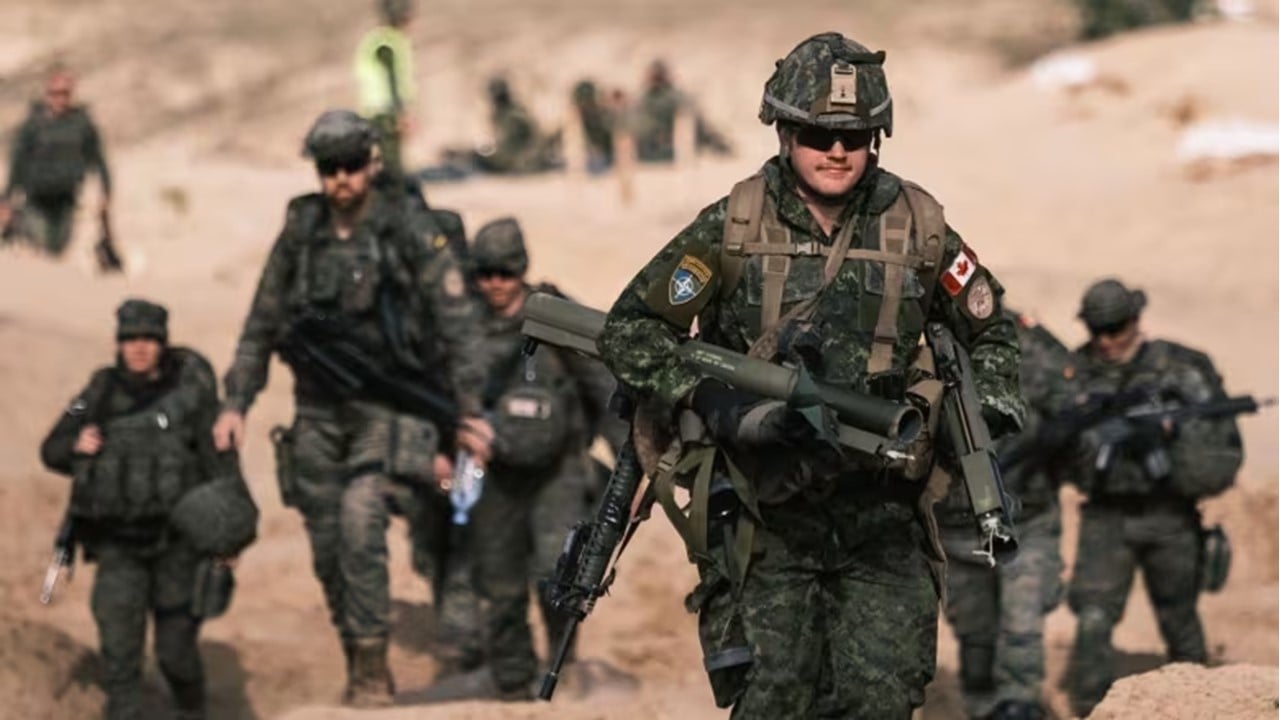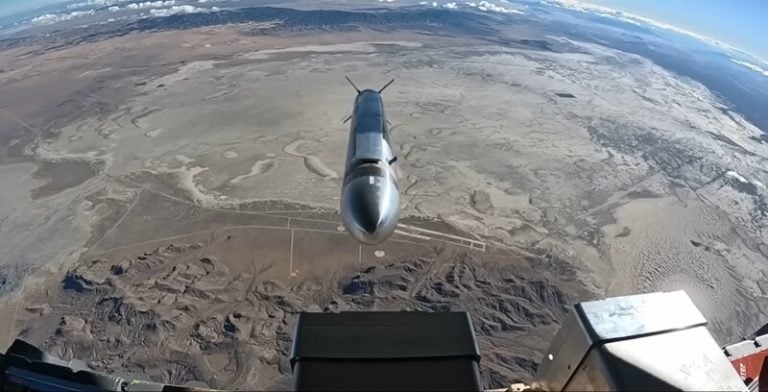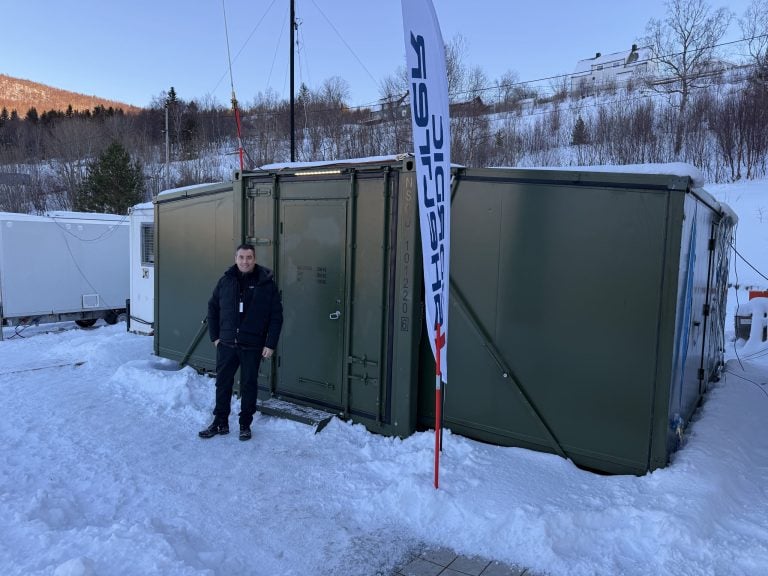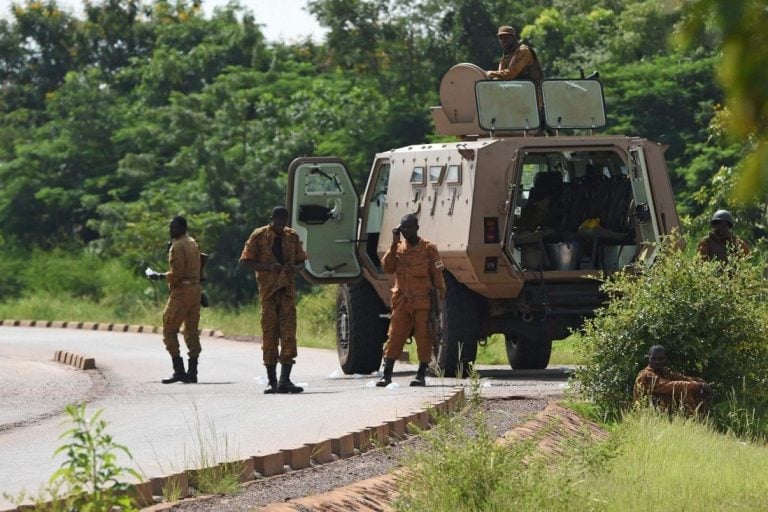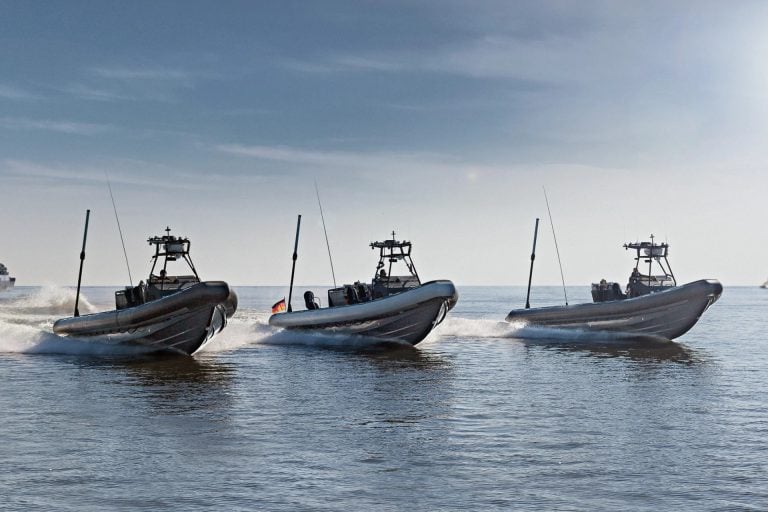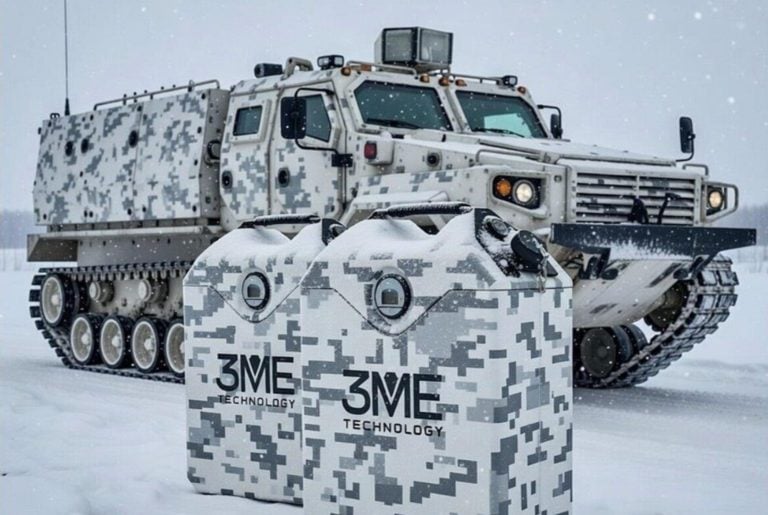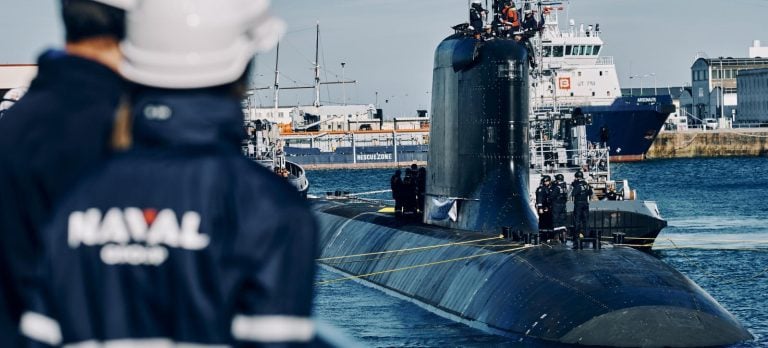Canada is set to meet NATO’s defense spending target of two percent of its GDP this year, a significant announcement made by Prime Minister Mark Carney during his address at the University of Toronto. Carney emphasized the urgent need to revitalize Canada’s military capabilities in order to safeguard the nation’s sovereignty amid escalating global threats.
In his speech, the Prime Minister expressed profound concerns regarding the shifting global security landscape, notably influenced by the administration of U.S. President Donald Trump. He indicated that the assumption of Canada’s geographical location providing protection is becoming outdated. “The long-held view that Canada’s geographic location will protect us is becoming increasingly archaic,” Carney stated, underlining concerns over emerging threats from countries such as China and Russia, as well as the rising risks associated with cyberattacks and the national security implications of climate change.
“Our reliance on the United States for defense is too great,” he added, echoing frustrations over the current state of international alliances. Trump has previously pressured NATO member nations to increase their defense spending, arguing that the United States shoulders an unfair burden in maintaining collective security. As of April, NATO reported that 22 out of its 32 member countries had achieved the two percent target, but Trump has continued to advocate for higher spending, suggesting that the U.S. might reconsider its protective commitments to nations that fail to contribute enough financially.
Carney acknowledged that Canada has grown accustomed to a post-war order characterized by U.S. dominance, describing the U.S. as “the global hegemon” and “Canada’s closest ally and dominant trading partner.” He criticized Trump’s trade policies that he claims are transforming America’s approach to its hegemony, from being supportive to monetizing access to its markets.
In response to these changing dynamics, Canada is seeking to forge new security alliances with “like-minded partners,” especially in Europe. Carney noted the upcoming Canada-EU summit would be critically important in reinforcing transatlantic security.
The Prime Minister also spotlighted the vulnerabilities facing Canada’s Arctic regions. Since taking office, he has highlighted how climate change is making previously inaccessible areas more open to international competition, particularly from Russia and China. He reiterated earlier commitments to enhance Canada’s military presence in the Arctic, which he described as increasingly accessible and vulnerable to both commercial and military activities.
Carney portrayed the announcement regarding increased military funding as an essential initiative aimed at protecting Canadians, rather than simply fulfilling NATO obligations. He pointed out serious deficiencies in the current military infrastructure, such as the fact that only one of Canada’s four submarines is operational, and fewer than half of the naval and land vehicles are fit for duty.
